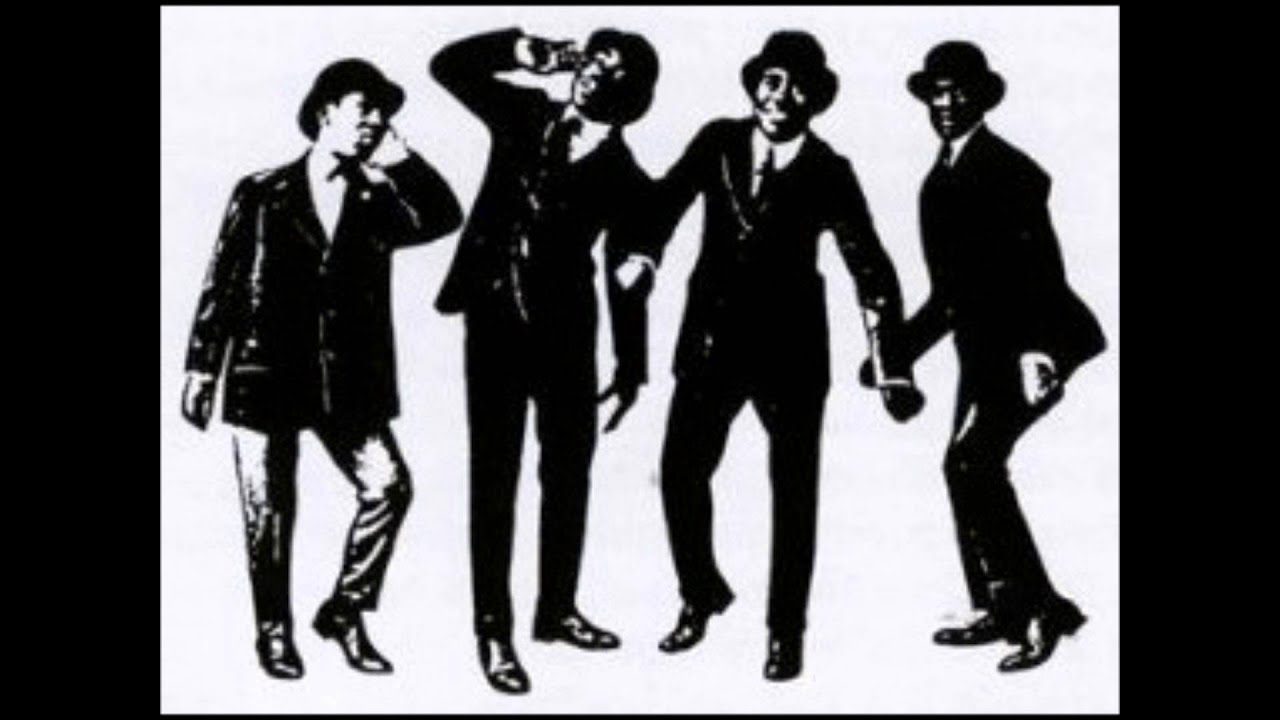In the gospel period, jubilee quartets were known as gospel quartets. They began to incorporate more practices of the gospel genre like vibrato, falsetto, and shouting vocals, and instruments like acoustic guitar, drums, electric bass, and piano/organ.

